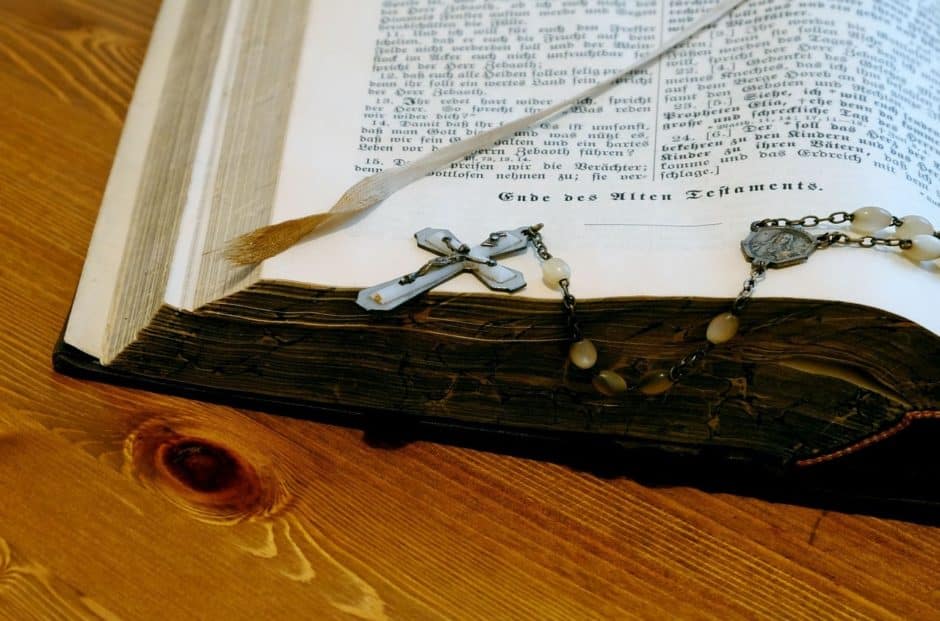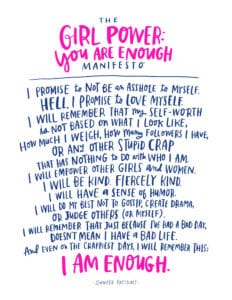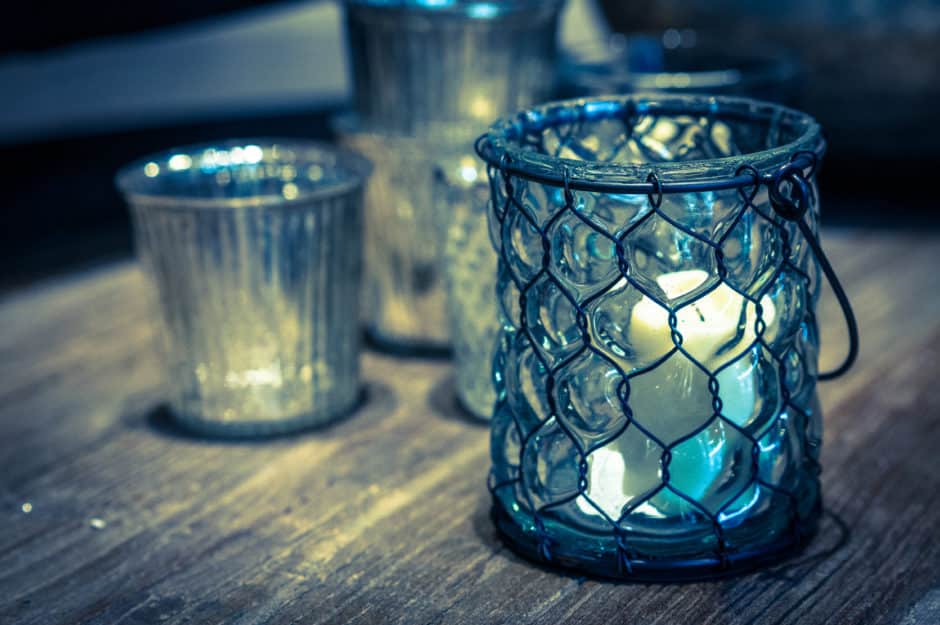By Jessica Yaeger
Recently, I went to the “Get to know your neighbors” event at my local Islamic Center. My dual goals were to learn more about a religion I knew very little about, and to show support to our local Muslims who I imagined were not feeling particularly supported by the words of our newly elected President.
On the way there, I was anxious about how it would go. How many people would be there? I had tried to dress appropriately to be respectful, but had I succeeded? Why can’t I think of any intelligent-sounding questions to ask if I am put on the spot or in a face to face conversation? Will this be safe or will there be violence there from.. someone? Good grief, I know literally not a single other person attending, what I am thinking?!
Once I arrived, I saw I was one of hundreds of folks who attended the event, young and old, men and women, many different faiths and races. The brief introduction to the Islam faith was not only incredibly educational, it also was entertaining. When I had imagined visiting for the evening prayers, I had not visualized I’d be laughing so much! Our tour guide (there was one for the ladies and another one for the men) was funny, but also gracious and knowledgeable, and assured us that no question was stupid or off limits. As a result, our group of women, who were Muslim, Jewish, Christian, atheist and more, had an incredible dialogue that touched on scripture, God, prophets, head coverings, woman’s rights, and even terrorism. It was only 30 minutes of my life, but those 30 minutes changed me. Continue Reading…





